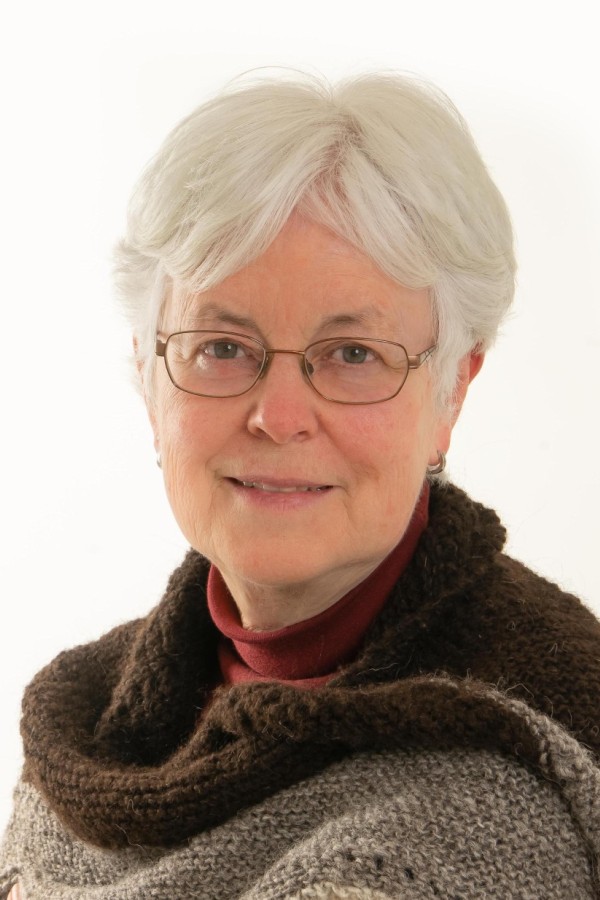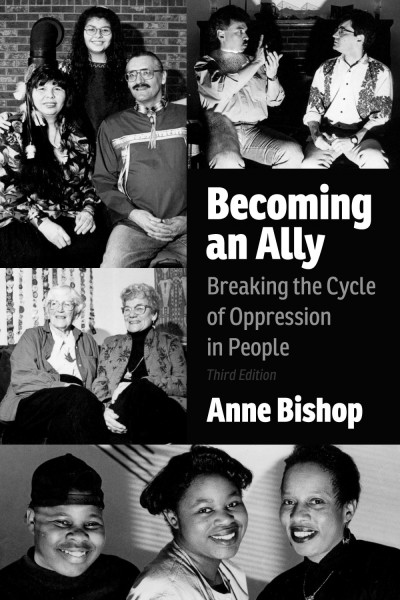
Anne Bishop
Anne Bishop has been working toward social justice through adult education and community organizing for more than 50 years. Her activism aligned with making an income for three years as coordinator of development education for Canadian University Services Overseas and for a decade developing community leadership education through a university continuing education department. The rest of the time, she earned her living through freelance writing, editing, teaching, facilitation, research, union organizing, farm labour, restaurant hostessing, managing a used clothing store, supporting worker cooperatives, working on the line in a fishplant and an industrial sewing shop and, for twenty-five years, raising sheep, chickens, fruit, berries and veggies. She has a passion for spinning and knitting wool.
Anne has co-authored four books on popular education and one on the Canadian food system and is the author of two books about allies, Becoming an Ally: Breaking the Cycle of Oppression in People (1994, 2002, 2015) and Beyond Token Change: Breaking the Cycle of Oppression in Institutions (2005). In 2019, she published her first novel, Under the Bridge.
- Falmouth Nova Scotia Canada
- Social Work
Books by Anne Bishop
Becoming an Ally, 4th Edition
by Anne BishopUnder the Bridge
by Anne BishopBecoming an Ally, 3rd Edition
by Anne BishopBeyond Token Change
by Anne BishopGrassroots Leaders Building Skills
by Anne Bishop


_cover_REV_400_600_90_s.jpg)




